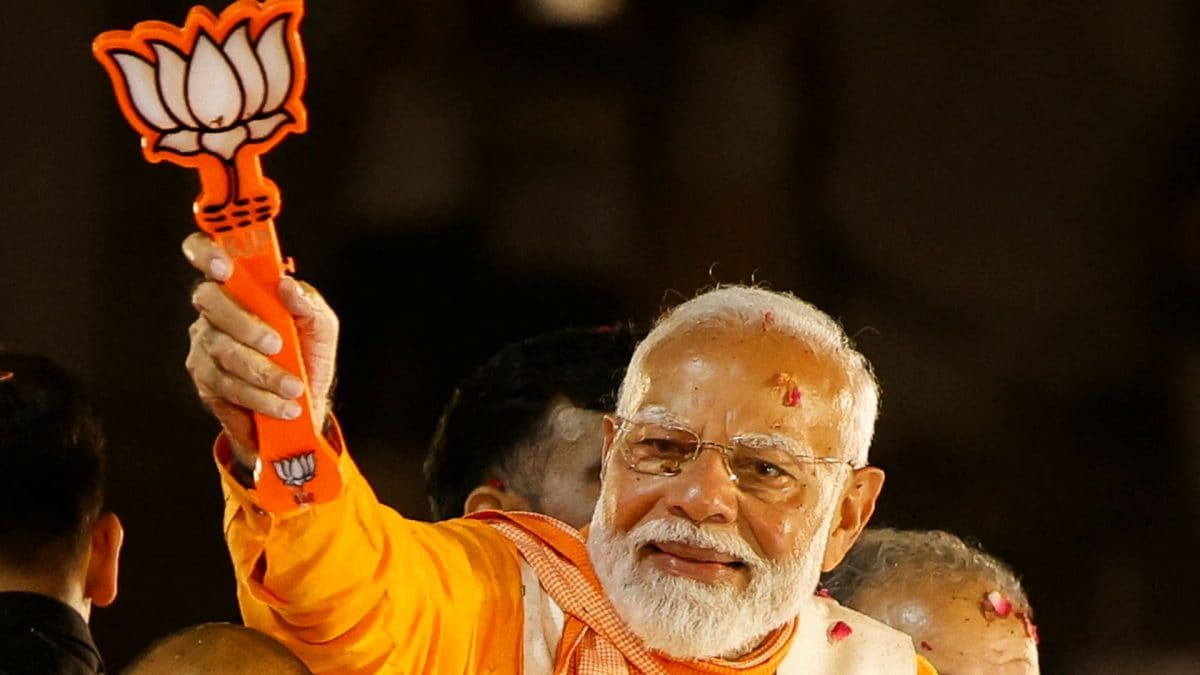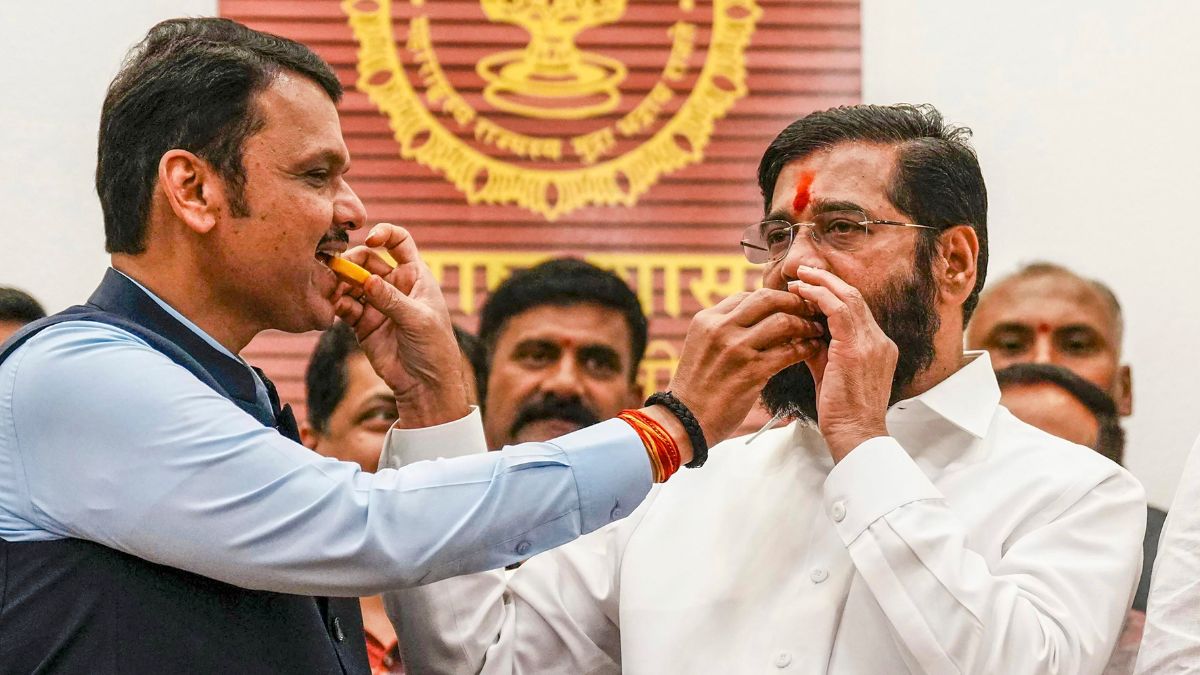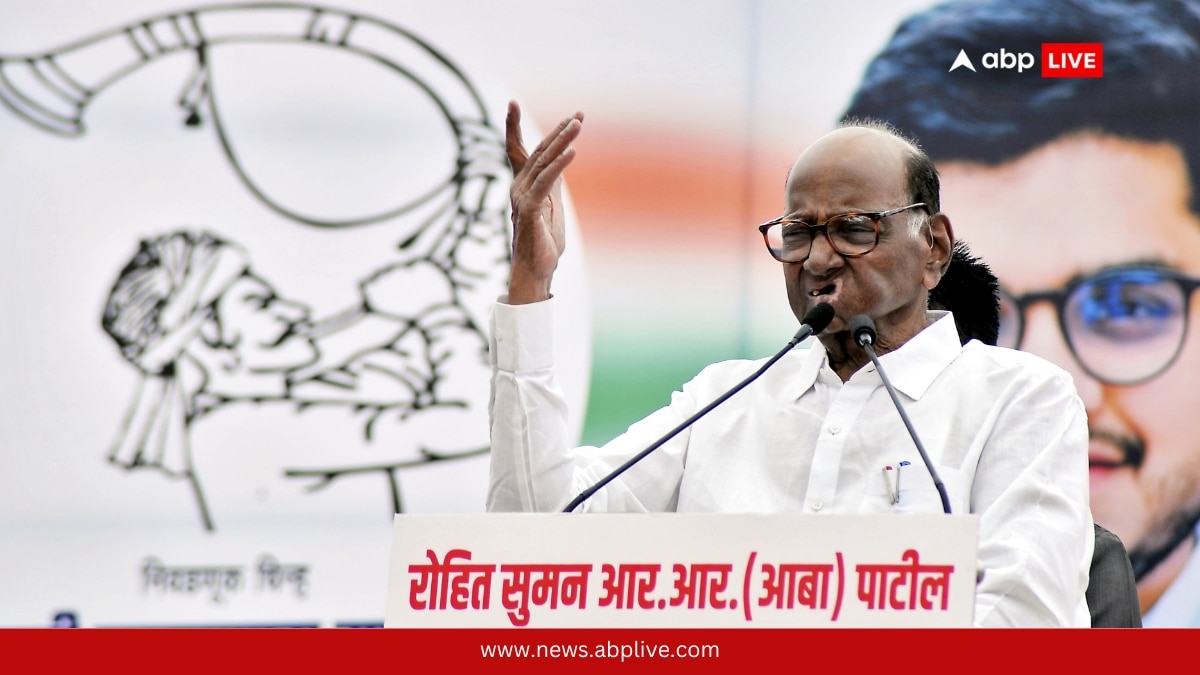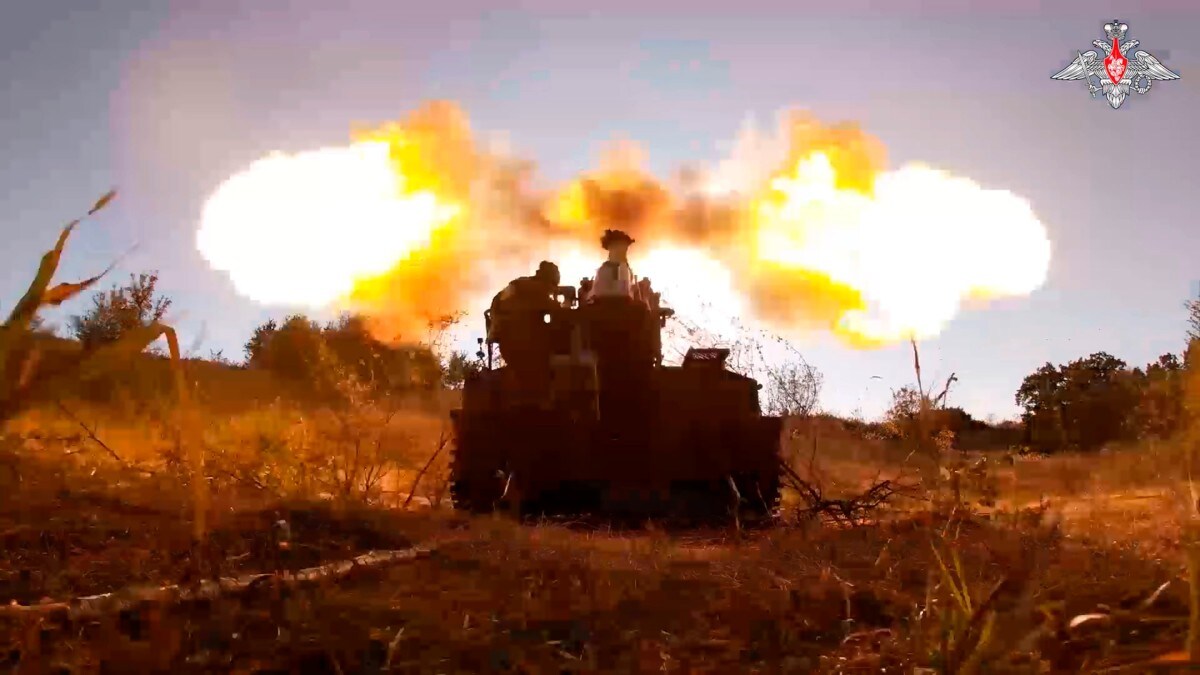
Britain’s new Labour Government is doing what it can to warm up the old entente cordiale . As part of Sir Keir Starmer’s learn-on-the-job approach to international relations, he went to France to mark Armistice Day earlier this month – the first PM to do so since Winston Churchill. Days later David Lammy and the French Minister for Foreign Affairs, Jean-Noël Barrot, met in London, close to General De Gaulle’s Second World War headquarters to declare their joint commitment to back up Ukraine’s quest for a just and lasting peace.
Writing in the i , the two foreign ministers go further, pledging to do all they can to resist what they call “Putinisation” , the attempted “annihilation of the global architecture that has been the cornerstone of international peace and security for generations”. Nobody can deny the sincerity of the two politicians’ desire to cling to the institutions which have protected Britain and France for the past 80 years – headed by the UN and Nato. The UK and France rank themselves alongside the superpowers in their treasured positions as permanent members of the UN Security Council.
But, the problem is, the US, China and Russia are no longer committed to the grudging cooperation which upheld the world order after 1945. Britain and France are adrift in an increasingly dangerous world, anxious to prop up “global architecture” which has benefitted them, while painfully aware that they may soon be clinging to the wreckage. It makes sense for the two neighbours to stick together where possible, unsure if anyone else is going to throw them a lifeline.
In spite of the snide remarks about airmiles, Starmer and Lammy are right to have spent so much time on foreign policy – much of it dictated by international diary commitments beyond their control. Of course voters care more about the cost of living and public services – these issues will always be the priority. But the economy of this trading nation is exposed to what happens in the rest of the world.
Meanwhile, the escalating missile exchanges between Ukraine and Russia – including weapons supplied by the UK and US – raises the spectre of a wider conflict, which could temporarily make financial worries seem of secondary importance. In the interests of national security the Government must re-establish fractured relations with countries in Europe, the Middle East, the Commonwealth, China and the US. But it must realise that we, as an independent second-tier power, can rely on none of them to be our unqualified friend.
President Trump’s “America First” has, at least, the merit of honesty. He plans to add the Paris Agreement on climate change and world trade rules to the long list of international conventions which the US refuses to sign up to. But, in this context it is also easy to see why politicians in the rest of the world can present the fragmenting Western allies as a bunch of hypocrites – championing the “global architecture” only when it suits their interests.
Read Next David Lammy: UK and France will relentlessly fight 'Putinisation' It is why the leaders of South Africa and India preferred to hobnob with Vladimir Putin and Xi Jinping at the BRICS summit rather than turn up to celebrate old ties at the long scheduled Commonwealth Heads of Government meeting, which took place at the same time. From the point of view of many nations in Africa and Asia, Putin and Xi have much to offer immediately in terms of energy, investment and defence supplies. It is of little concern to those outside the Western alliance that the BRICS bloc overlaps with China, Russia, Iran and North Korea – the anti-democratic authoritarian axis seemingly committed to disrupting Western allies and their post Second World War global order.
While Britain and France face similar global challenges, they are not the same and there are limits to the extent of Franco-British co-operation. As the foreign ministers met, mayors in Northern France were blaming UK policy for migrants crossing the Channel. Both countries rightly see Putin’s war in Europe as an existential threat.
In practice though their commitment to “do everything that is necessary” is limited. Their military assistance is dwarfed by the US and a long way short of voluntarily putting Nato boots on the ground as President Macron once suggested. Both countries are still cutting their overall defence spending.
Increased support now is designed to put Ukraine in the best possible position for when and if President Trump withdraws US backing to force Zelensky to do a deal with Putin. Outside the European Union, the UK may be able to avoid being drawn into a looming three-way trade war between the major trade blocs of Trump’s America, China, and the EU – but this country will be caught in the cross fire, and subject to threats and blandishments to take sides. Starmer was well-advised to be the first British prime minister to meet Xi for seven years at the G20 and to despatch his Cabinet ministers to Beijing.
He will have to balance Britain’s relations with China against commitments to allies, and the unavoidable fact that, on trade at least, this country is competing with the EU and its individual members, including France. Cordiality and understanding towards allies are a good start for this Labour Government after the post-Brexit Europhobia of the Conservatives. So are openness and contacts with potential rivals and allies around the world.
They are essential but will not be decisive in securing the UK’s future as the skies darken. Adam Boulton presents Sunday Morning on Times Radio.














